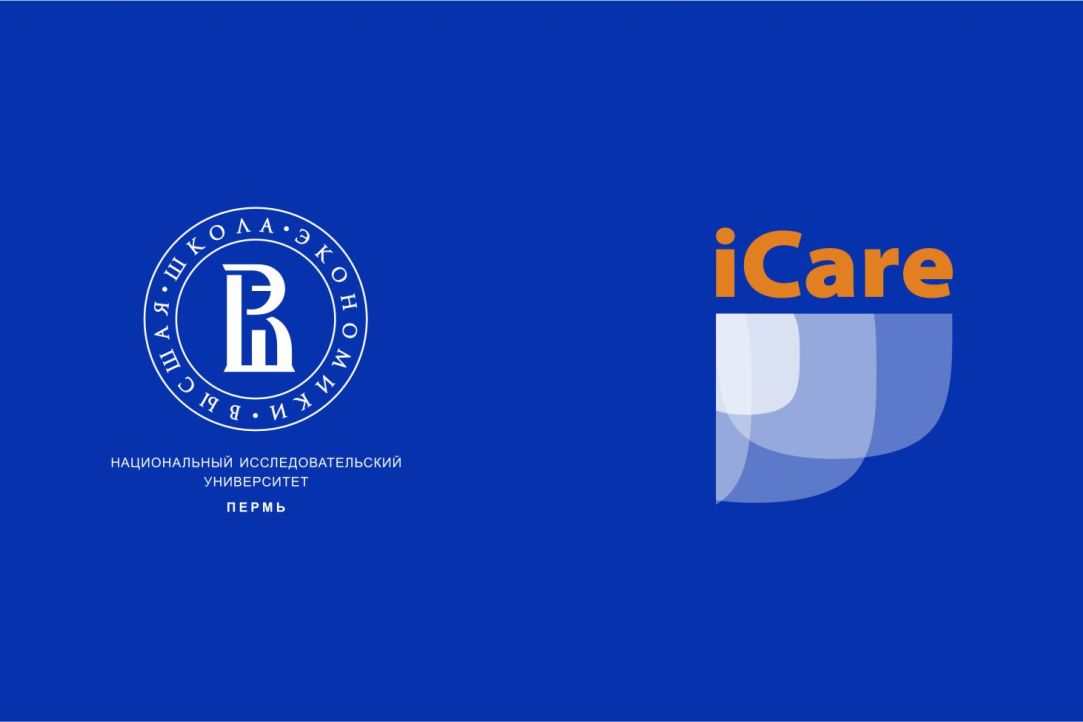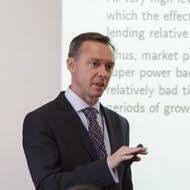From Shocks and Crises to Inequality, the Environment and Coronavirus: HSE University in Perm to Host 8th iCare Conference

On September 21, 2020, the HSE University - Perm will hold its eighth iCare — International Conference on Applied Research in Economics (and Finance and Management). This year, the event will be held online for the first time, and participants will not only be able to give presentations, but will also have the opportunity to talk in informal ‘virtual rooms’.
The conference will take place over the course of a single day with only one 45-min keynote talk, unlike in previous years. The number of sections has been reduced to five, each of them lasting no more than 60 minutes. ‘This is what the new approach to “virtual reality” in academic life is dictating – from teaching to meetings to conferences,’ said Professor Dmitry Vinogradov, Chair of iCare Programme Committee.
Despite having such a challenging schedule, the organizers have included opportunities for participants to interact in ‘virtual rooms’ during breaks, and participants will be able to talk with speakers in a chat.
The iCare conference aims to bring together people who study common topics and implement similar research approaches. The topics on the agenda are determined by the applications that have been accepted.
Dmitry Vinogradov, Professor, Chair of iCare Programme Committee

Usually, only half of the applications pass the selection stage. This is a painful process, since we often have to make negative decisions on the papers that are very well written but are ‘lonely’ in terms of their topic and/or methods. For example, the topic of cryptocurrencies has been of great interest during the past two years, and our conferences organized a corresponding section; this year, naturally, the wave of interest shifted towards the COVID-19 pandemic. Nevertheless, we decided not to organize a special ‘coronavirus’ section but instead to offer sections in more traditional fields of applied research, where, together with other aspects, research on COVID-19 could also be presented. The reason is simple: we are a conference in applied economics, finance and management, and these are our fields of interest.
For example, the programme for the section on public expectations and macroeconomic shocks includes papers on public support measures that governments adopted during the COVID-19 pandemic and their impact on people’s attitudes and expectations, as well as others on the reaction of stock markets to the evolving pandemic.
The conference will also include sections on consumer behaviour, poverty and inequality, education and social interaction, as well as on the environment and the economy.
This year’s keynote address will be delivered by Michael Koetter, Professor of Financial Economics at Otto von Guericke University Magdeburg and head of the Financial Markets department at Halle Institute for Economic Research (IWH). Professor Koetter has published in top economics and finance journals, such as the Review of Financial Studies, Review of Economics and Statistics, Journal of Monetary Economics, and Review of Finance. He is the editor of Economics of Transition and an associate editor of the Journal of Financial Stability. Michael Koetter’s presentation will be dedicated to the lessons taught by the recent financial crisis: what we have learnt, and what we have not. In the context of the new global catastrophe, the COVID-19 pandemic, this is an opportunity to take a critical view of the previous catastrophe in order to understand and forecast the relatively long-term implications of such a shock.
‘Despite the fact that the new crisis was caused by a biological reason, the economic reaction – from decreasing production to massive public borrowing and central bank intervention – is developing according to its own laws rather than biological ones. These laws form the core of research interests at our conference,’ Dmitry Vinogradov summarized.
Those who wish to participate in the conference should register.

